The outgoing year will likely be remembered for its horrendous spring, which was a continuation of the equally horrendous autumn of 2023. Now you may have made a serious effort to obliterate this awful memory over new year and I certainly don’t want to drill into your groggy Hogmanay heads with lots of figures, so I’ll keep it simple.
In the seven months from 1 October 2023 to 30 April 2024, I recorded a sopping 705mm rainfall. However, the following period from 1 May 2024 to 20 December 2024 had just 425mm. That’s a perfect amount of rainfall in this key fieldwork period and I’d take it again anytime if it was on offer.
But spring 2024 had culminated in seven months of continual rain that almost drove tillage farmers completely bonkers (myself very much included) and eventually came to an end in late April.
Perhaps, in itself, it wasn’t the absolute amount of rainfall that fell in this period that made the problem so acute, but more the fact the unreasonable number of rainy days.
A cool and average summer gave way to a brilliant autumn and early winter. The spring washout was well and truly forgiven during this extended period of good weather.
And when it did dry up in late April, boy were we busy in the fields. A few tillage farmers thought it too late to bother sowing and left land idle.
I was nearly there myself, but we banged in the beans first and quickly followed with the barley. I’m glad we did. Nature compensated with a good growing season and while the barley was fine, the beans wanted to stay green forever and were eventually cut in mid-October at 27% moisture.
But Drummonds was very accommodating about this high moisture – which likely was only going to create potential problems for them – and treated me (and I’m sure others) very fairly. But would I plant beans again in late April? Frankly, no.
We got the weather to combine them this autumn. Had we not, they’d still be there and I’d be down €40,000 and no protein payment.
However, I wouldn’t want to create the impression that the cool season led to a good harvest, as it certainly was not.
With no good winter crops and lots of less-profitable spring crops, it made for a hungry harvest, the worst since grim 2020.
I can’t really complain about prices, they’re at a sustainable level, but more would have helped.
But again, all this is forgiven by the fact there are now crops in the fields with great potential for harvest 2025. We will forward-sell a percentage of grain and oilseed rape for stability.
And if I could forward-sell beef cattle for next autumn at today’s prices, I would. It was a good year for the cattle, a legacy of keen buying in autumn 2023 and not selling many finished cattle until late 2024.
Despite poor meal-fed kill-outs, we achieved our highest-ever margins per head and I was sorry we hadn’t more cattle and less crappy fields of wheat.
Perhaps that’s as good a reason as any for not having all your eggs in the one basket. On the other hand, if you are solely a tillage farmer with no livestock, you can take a lead from none other than Andrew Carnegie, who became one of the richest Americans of all time.
The Scottish-born steel magnate and philanthropist famously said there’s no problem with having all your eggs in the one basket, provided you watch that basket. So, did Carnegie celebrate Hogmanay and end up with a groggy head? I doubt it – one glass of Dewar’s finest Scotch whisky, on his doctor’s orders, twice a day and that was it.




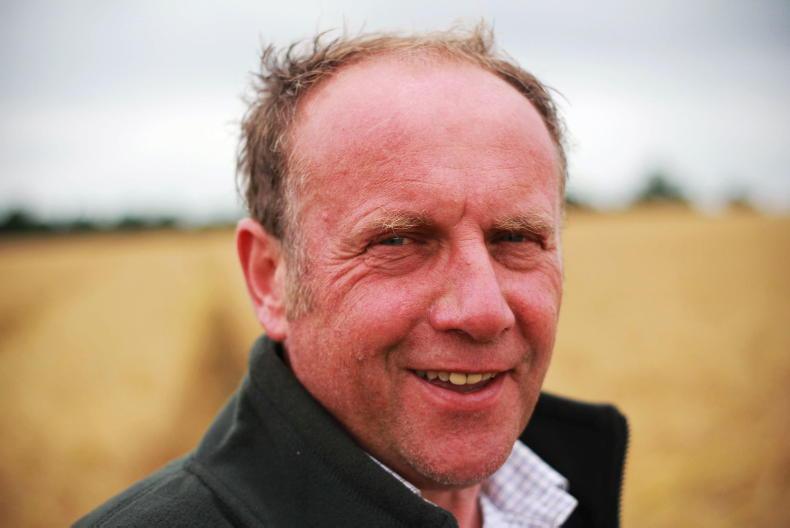
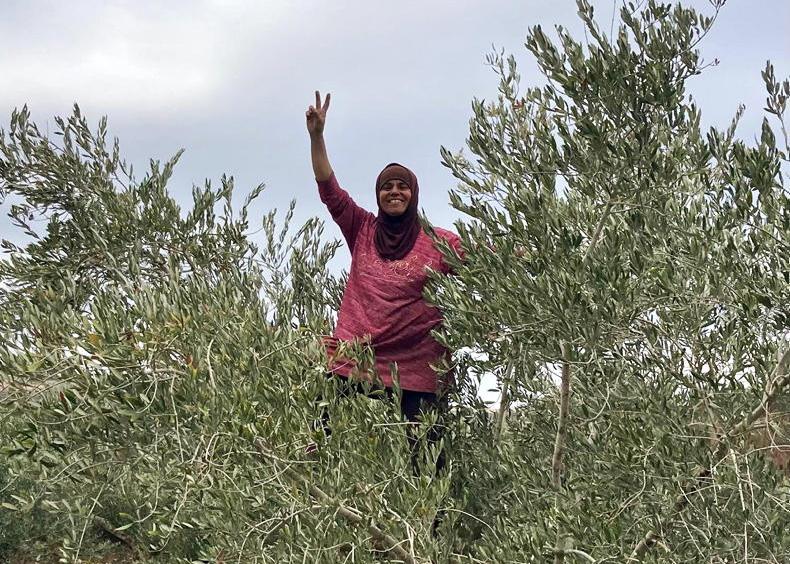
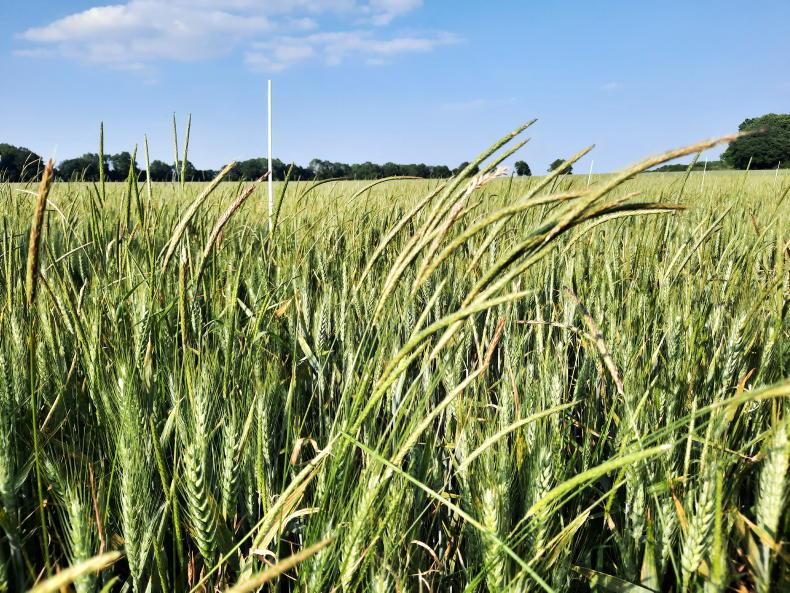
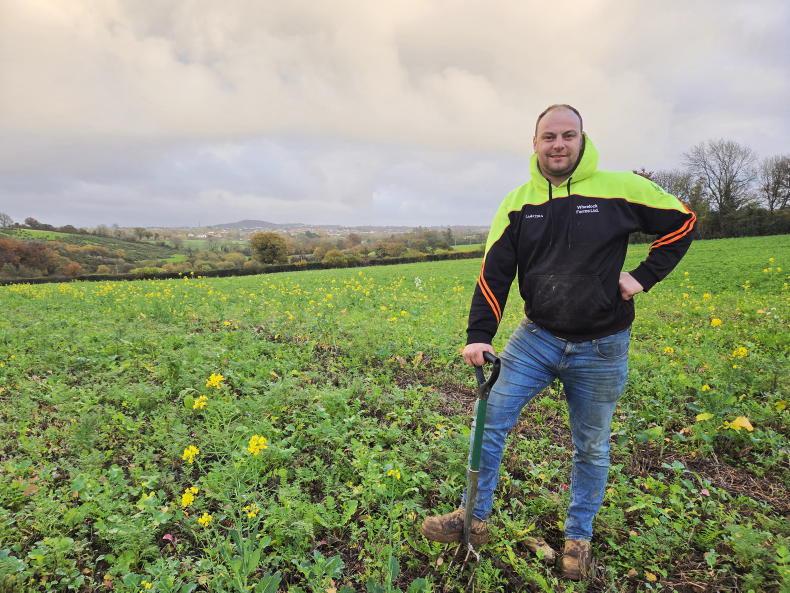
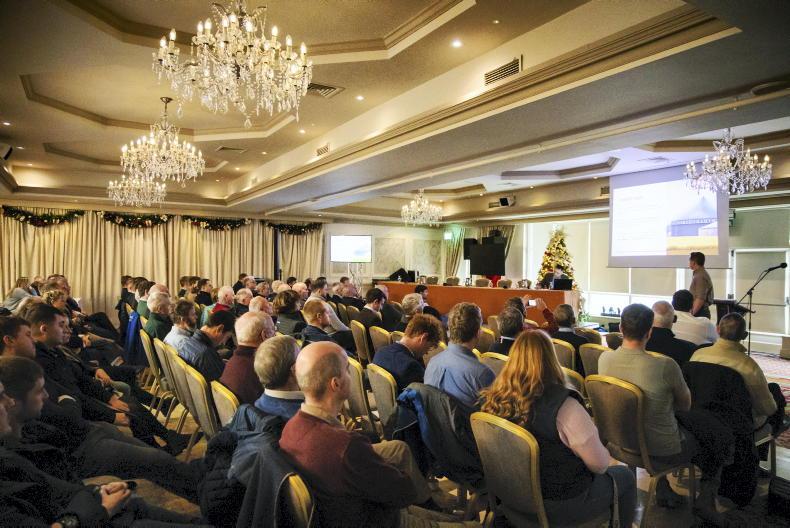
SHARING OPTIONS